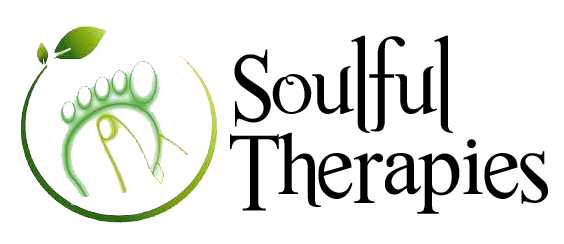
Aromatherapy
Aromatherapy
The use of essential oils can have a profound effect psychologically and physically.
Aromatherapy for stress relief and balance.
When life feels like it’s running at full speed, stress can quietly take over. It shows up in different ways—tension that won’t shift, headaches that keep returning, restless nights, and a mind that never seems to switch off. Over time, this constant pressure can also affect other areas of life, from how we eat to how productive we feel each day.
Aromatherapy offers a gentle, natural way to interrupt this cycle and bring your body and mind back into balance. The therapeutic power of essential oils works on both a physical and emotional level, supporting the nervous system and encouraging deep relaxation.
With regular use, aromatherapy can help:
Calm the busy mind – Soothing aromas help quiet mental chatter, ease overwhelm, and restore emotional balance.
Release physical tension – Essential oils encourage the body to let go of built-up tightness, reducing tension headaches and stress held in the neck, shoulders, and back.
Improve sleep – When the mind settles and the body relaxes, it becomes easier to enjoy deeper, more restorative rest.
Encourage healthier habits – By reducing stress, aromatherapy can help you feel more in control, which supports making better food choices and breaking stress-related eating cycles.
Boost focus and productivity – A calmer mind naturally has more clarity, energy, and motivation to get things done.
Aromatherapy isn’t just about enjoying a beautiful scent—it’s about creating space for your body to heal, your mind to rest, and your life to feel back on track.

